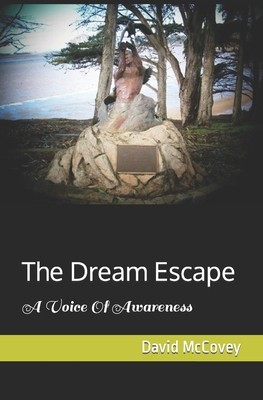
- We will send in 10–14 business days.
- Author: David McCovey
- Publisher: CreateSpace Independent Publishing Platform
- ISBN-10: 144041100X
- ISBN-13: 9781440411007
- Format: 13.3 x 20.3 x 0.6 cm, softcover
- Language: English
- SAVE -10% with code: EXTRA
Reviews
Description
As exemplified in the preceding fictitious presentation the author attempted to dramatize two coping strategies for dealing with anxiety- phobia, disorder: Avoidance, and Escape.
In 1947, American Psychologist, Orval Hobart Mowrer (1907 - 1982) offered his 'two-factor theory' of
avoidance learning, interpreting the development and maintenance of phobias. His theory combined the learning principles of classical and operant conditioning, it argues phobias causation as a result of a paired association between a neutral stimulus and feared stimulus.
The author, in the preceding, effort here was to dramatize primarily the coping strategy: Escape, in dealing with phobias, through the unconscious state of dreams. Hence; The Dream Escape.
- Author: David McCovey
- Publisher: CreateSpace Independent Publishing Platform
- ISBN-10: 144041100X
- ISBN-13: 9781440411007
- Format: 13.3 x 20.3 x 0.6 cm, softcover
- Language: English English
As exemplified in the preceding fictitious presentation the author attempted to dramatize two coping strategies for dealing with anxiety- phobia, disorder: Avoidance, and Escape.
In 1947, American Psychologist, Orval Hobart Mowrer (1907 - 1982) offered his 'two-factor theory' of
avoidance learning, interpreting the development and maintenance of phobias. His theory combined the learning principles of classical and operant conditioning, it argues phobias causation as a result of a paired association between a neutral stimulus and feared stimulus.
The author, in the preceding, effort here was to dramatize primarily the coping strategy: Escape, in dealing with phobias, through the unconscious state of dreams. Hence; The Dream Escape.


Reviews